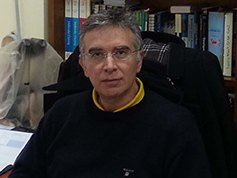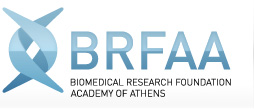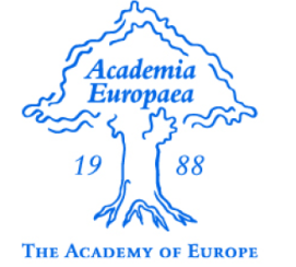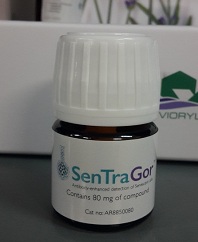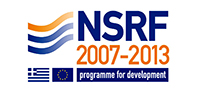Home - Research activities
The main research interest of the Molecular Carcinogenesis Group (MCG) is focused on deciphering the molecular mechanisms involved in the development of neoplastic disease.
The MCG has long been involved in the investigation of the mechanisms leading to deregulation of the cell cycle and the emergence of genomic instability in cancer [see achievements i-iv]. Aberrations in the pRb/E2F, DNA damage response and repair (DDR-R) and p53 pathways/networks have been the aims of intense research. Based on the extensive molecular pathology experience that the group possesses, notable clinic-pathological observations are functionally recapitulated in vitro and in vivo, aiming to decode the underlying mechanisms driving aberrant cellular behavior. Within this context we are particularly interested in the role of cellular senescence in cancer, and other age-related pathologies, as well [achievement v].
MCG is also investigating the role of inflammation during neoplastic as well as non-neoplastic diseases. We have contributed in unraveling the systemic impact of DNA damage response aberrations in inflammatory-driven cancer [achievement vi].
In the advent of digitized medicine where the size of data exponentially increases, machine learning frameworks are entering the scene allowing us to effectively utilize the massive amount of information generated on a daily basis. Consequently, we are developing digital pathology tools that increase the efficiency and speed of diagnostic and therapeutic approaches and thus deliver personalized care opportunities for patients. Moreover we design machine learning workflow to predict drug response and survival of cancer patients [achievement viii].
Within the frame of physiological and pathological human development we are interested also in human evolution. As a result and in collaboration with Professor Katerina Harvati, from the University of Tübingen, we published in Nature a series of important findings in the field of palaeoanthropology that are related to the early dispersal and presence of modern humans in Eurasia. Moreover, in a bone fragment adjacent to the human the skulls found we identified, using an innovative reagent that we developed [SenTraGor - see achievement v], the presence of lipofuscin a potent biomarker of senescence (Pharmacology –Therapeutics 2018). This finding depicts how resilient is lipofuscin to time and cellular degradation processes [achievement vii].
MCG has recently expanded its research interests towards Nanotechnology applications in human disease and life sciences. In collaboration with the Laboratory of General Chemistry at the National Technical University of Athens (N.T.U.A.), we aim to develop innovative nanoparticles with the potential to act as anticancer agents, in parallel with the discovery of advanced drug delivery systems for targeted therapeutic approaches.
Apart from the research activities, MCG is providing molecular pathology services. As an active collaborator of the European Society of Pathology, MCG is participating in the annually K-ras European Quality Assurance Program, related to the anti-EGFR therapy.
